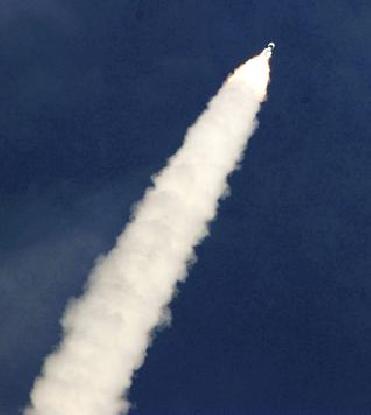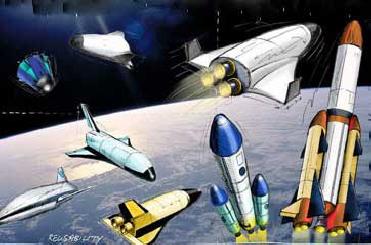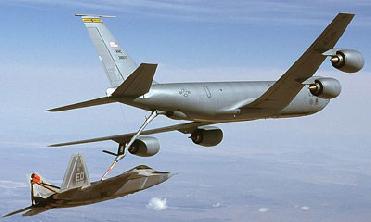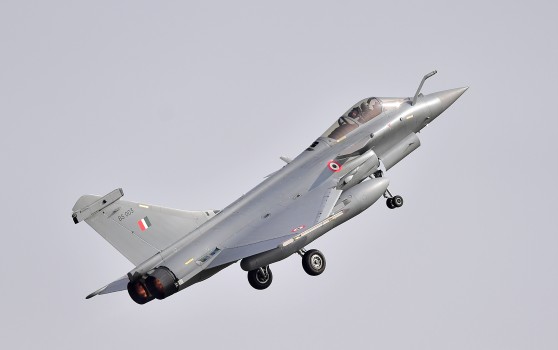
The rocket had deviated from its path and plunged into the Bay of Bengal minutes after lift off. A file photo
BANGALORE (BNS): India's GSLV rocket with indigenous cryogenic engine failed in its mission due to non-availability of liquid hydrogen (LH2) supply to the thrust chamber of the main engine, ISRO has found out.
The Geosynchronous Satellite Launch Vehicle (GSLV-D3), launched on April 15, 2010, had veered off from its flight path and lost contact with the mission control minutes after lift-off.
ISRO, which had set up a panel to analyse the test results and trace the causes of failure, came out with the findings on Friday.
The initial conditions required for the start of the indigenous Cryogenic Upper Stage (CUS) were attained as expected and the CUS start sequence got initiated as planned at 294.06 seconds from lift-off.
While all four liquid strap-on stages (L40), solid core stage (S139), liquid second stage (GS2) functioned normally, and the navigation, guidance and control systems performed flawlessly, “the thrust build up did not progress as expected due to non-availability of liquid hydrogen (LH2) supply to the thrust chamber of the Main Engine,” the space agency said.
The above failure is attributed to the anomalous stopping of Fuel Booster Turbo Pump (FBTP), it said.
While the FBTP started as normal and reached a maximum speed of 34,800 rpm and continued to function as predicted after the start of CUS, its speed, however, started dipping after 0.9 seconds and it stopped within the next 0.6 seconds, ISRO said in a statement.
The GSLV-D3 launch was an ambitious effort by India to attain self-sufficiency in developing cryogenic propulsion system. ISRO had invested Rs 330 crore for the prestigious mission whose success would have placed India in the elite club of space faring powers US, Russia, China, Japan, and Europe which possess the cryogenic technology.
The rocket was to put in orbit the GSAT-4 communications satellite.
Undeterred by the failure, ISRO targets to flight-test the GSLV within a year.
 Previous Article
Previous Article Next Article
Next Article













The Indian Air Force, in its flight trials evaluation report submitted before the Defence Ministry l..
view articleAn insight into the Medium Multi-Role Combat Aircraft competition...
view articleSky enthusiasts can now spot the International Space Station (ISS) commanded by Indian-American astr..
view article